|
|
||
|
Pro Tools
FILMFESTIVALS | 24/7 world wide coverageWelcome ! Enjoy the best of both worlds: Film & Festival News, exploring the best of the film festivals community. Launched in 1995, relentlessly connecting films to festivals, documenting and promoting festivals worldwide. Sorry for the interruption, we needed to correct and upgrade some modules. Working on a new website. For collaboration, editorial contributions, or publicity, please send us an email here. You need for put your full detail information if you want to be considered seriously. Thanks for understanding. User login |
Vanessa McMahonVanessa is a novel writer, screenwriter, rep and a film producer. She shares her discoveries and film surprises. :-)
 'LA PLAYA D.C.' at 65th Cannes Film Festival
The Columbian, Brazilian and French co-production film ‘LA PLAYA D.C.’ (2012) by Columbian director Juan Andrés Arango held its world premier last week in the ‘Un Certain Regard’ section of the 65th Cannes Film Festival. I held an interview with Juan the day after his first screening, which had been successfully met with ardent applause.
ME: You have a new movie from Columbia called: LA PLAYA (2012) that has just opened here at Cannes. Can you tell us about it? JUAN: LA PLAYA is a coming of age story about a Columbian teenager Tomas who is looking for his brother in Bogota. His brother has gone missing in the streets of the city and his search becomes an initiatory journey for this character in which he looks for his identity and for his place in this city which is traditionally very white and very racist but which has received in recent years a very big migration of Afro-Columbians from the Pacific coast of the country. ME: It has a very poetic edge to it in terms of the style of the film and you marry the rough street life with the easygoing life on the beach. Can you speak about that? JUAN: The film tries to show how the city of Bogota is a city in transformation and how this new culture that is arriving is being left aside by the people of the city that don’t see these Afro-Columbians as being from Bogota. That has a lot of force and there is a lot of hope in this force of these characters that even though they are living in very difficult conditions they are managing to get along and to do so they use their cultural heritage, which is very strong. A part of that heritage is the hairdresser because traditionally the dreads in the Afro-Columbian culture were maps that the women used to make in the heads of the little girls to send to their husbands who worked as slaves in the mines to show them the best way to get away. And this information and the names of these hairdressing styles have passed from generation to generation till the present and the boys that are arriving to the city bring this information but are mixing that with more contemporary and urban ways of cutting hair like hip-hop haircutting where you do shapes on the head, but they are creating maps and recreating their identity in this new way so it’s a way of finding your place in a new city in a city that doesn’t open its doors very easily to you. ME: What do you think about the image of Columbia that the world has from the outside as a place of great literature and yet also the place of much of the world’s cocaine production and exportation? And now, in light of a whole new generation and new movements, what can you say about the present and future of Columbia? JUAN: Well, I hope we can help to change the bad part of that image showing that its true that Columbia has a lot of problems and we have to deal with them but showing there is a lot of life and hope in the midst of all those problems. And I think that the new directors in Columbia we are trying to tell very human and simple stories that are often in a context of violence and war but that are not showing that in a direct and explicit way but rather trying to show how this conflict has affected the culture of the country and how we are managing it through the life of our people to get along and to get out of this past of violence. ME: What inspired you to make this film? Was it a difficult journey and a labor of love or was it relatively simple to make? JUAN: Well, the process of making LA PLAYA was very long. I worked for five years on the project. We started with a lot of research with Afro-Columbians and youth in Bogota and all of the stories of those boys and girls were the main inspiration for writing the script. Then we began the process of finding the money obviously, which for a first film is always complicated. But we got some support from the Columbian film fund and with time all the pieces came together and then the shooting of the film was absolutely wonderful and very easy. We worked for a month in the streets in the supposedly very dangerous neighborhoods of Bogota, but because we had done such a long research and we knew exactly what we wanted in those places, and because the people from those neighborhoods knew us and felt that the film was their own in a way, we were very welcome and we didn’t have any kind of problem getting a very little team to extract the images that I think have the real energy and real feeling of those places. ME: It’s a fascinating subject. I lived in Afro-Brazil for a while and I know that it was the descendants of the African slaves who really built the culture in Northeast Brazil, perhaps similar to Columbia. Is this similar? And was it difficult to find your cast and how? JUAN: We did a very long casting process. We tried at first to do a very big casting in the middle of the city with a lot of publicity but the people who go to those castings were people that have been to theater school that have done TV, etc. and didn’t have the energy we were looking for. So, we decided to go to the actual neighborhoods where we knew there was a lot of Afro-Columbians and to do casting there. We went to about 15 very marginal neighborhoods in Bogota (I am from there) and we got amazing people. Two of the protagonists of the film, Tomas and his younger brother Jairo, come from one of the most dangerous and poorest neighborhoods of Bogota. We found them in a casting there and it was just obvious they were going to be in the film because they had so much energy. The whole casting of the film are nonprofessional actors on their first film. ME: How does it feel to have your film open in Cannes and what has been the response so far? JUAN: We are very happy with the response of the film. We had our first showing yesterday afternoon. The theater was full and the people were very happy about the film. It’s very nice to see because it was such a long process and there was a lot of passion in this process from me and from the whole team so to see that finally get to a public and that it can move people is really, really nice.
Interview conducted and transcribed by:
OFFICIAL CANNES SYNOPSIS Tomas, an Afro-Colombian teenager who fled the country’s Pacific coast pushed out by the war, faces the difficulties of growing up in a city of exclusion and racism. When Jairo, his younger brother and closer friend disappear, Tomas is forced to leave his home to look for him. With the help from his older brother Chaco, Tomas plunges in the streets of the city. His search becomes an initiatory journey that compels him to face his past and to leave aside the influence of his brothers in order to find his own identity. Through this journey, Tomas reveals a unique perspective of a vibrant and unstable city that, like Tomas, stands on the threshold between what once was and what might be.
CREDITS
ACTORS
Columbian director Juan Andrés ARANGO 02.06.2012 | Vanessa McMahon's blog Cat. : 'LA PLAYA D.C.' at 65th Cannes Film Festival 65th Cannes Film Festival Afro Americas Bogotá Bogota Brazil Cannes Carlos Jibaro Lucy Chaco Colombia Columbia Columbian Director Don Humberto Dona Maria Jhonatan Alexis energy Entertainment Entertainment Government hairdresser Jairo James Juan Andrés Juan Andrés Arango LA PLAYA D.C Luis Andrés Luis Carlos Milena Pastora Nelson Hamilton Northeast Brazil Orlando Person Career Political geography premier Roel Einer Son Jean Guy Son Márcio the 65th Cannes Film Festival Tomas Andrés Vanessa McMahon William Jibaro Luis Interviews
|
LinksThe Bulletin Board > The Bulletin Board Blog Following News Interview with EFM (Berlin) Director
Interview with IFTA Chairman (AFM)
Interview with Cannes Marche du Film Director
Filmfestivals.com dailies live coverage from > Live from India
Useful links for the indies: > Big files transfer
+ SUBSCRIBE to the weekly Newsletter DealsUser imagesAbout Vanessa McMahonThe Editor |


















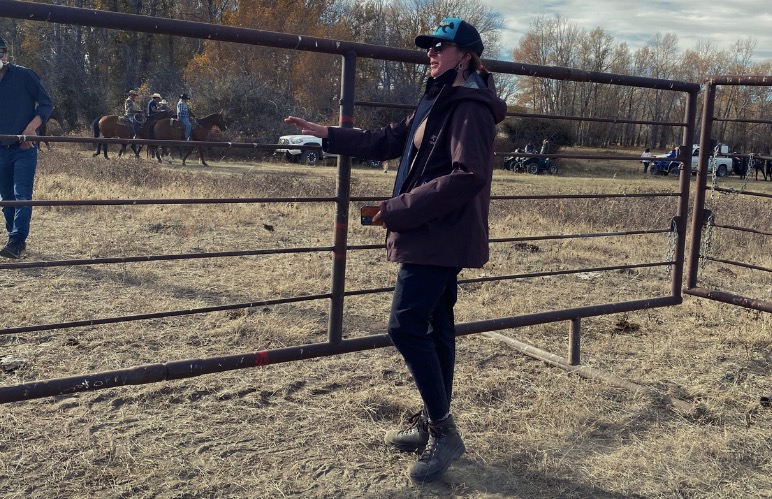
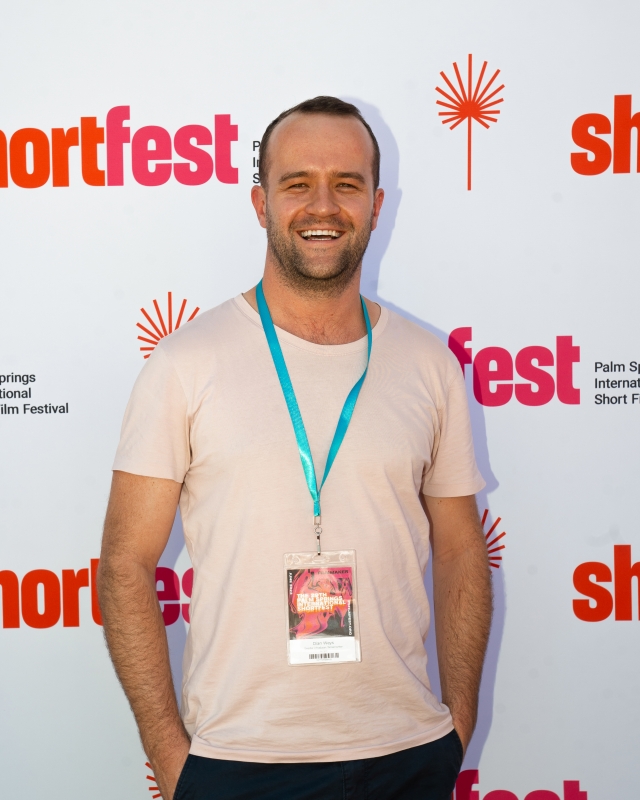
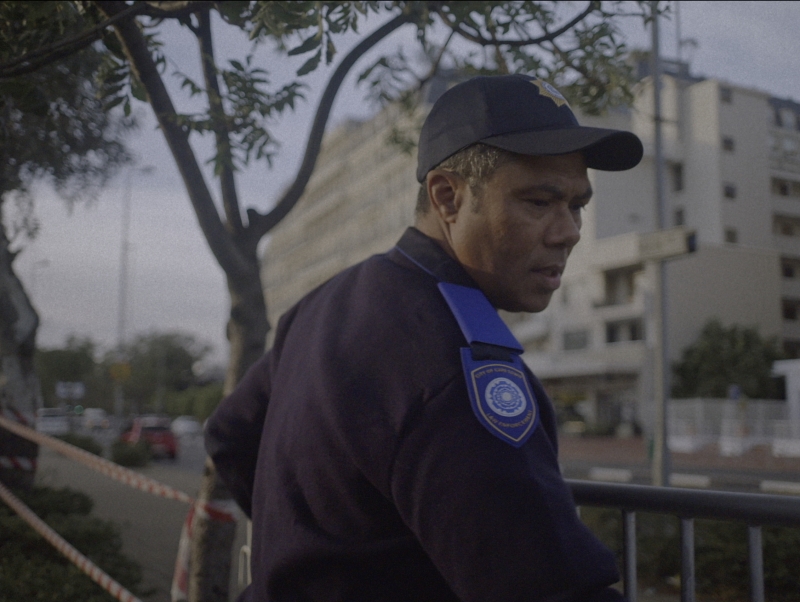
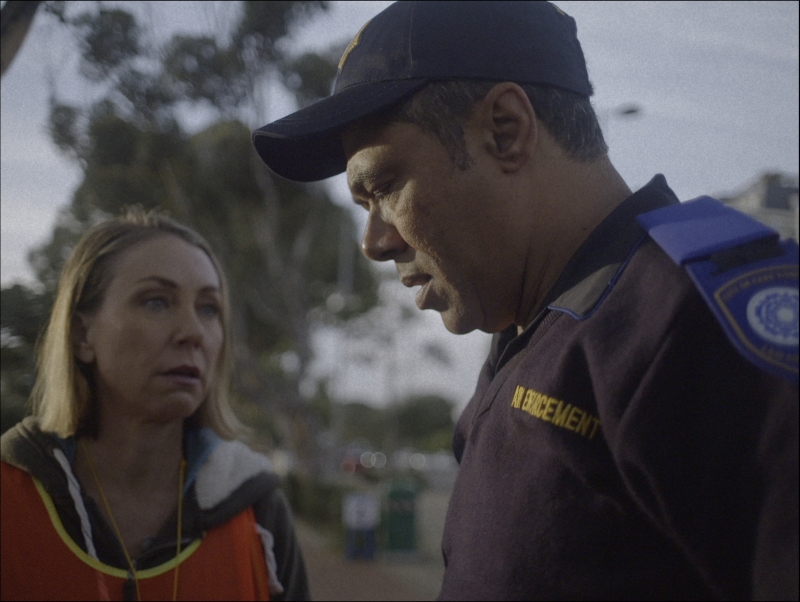
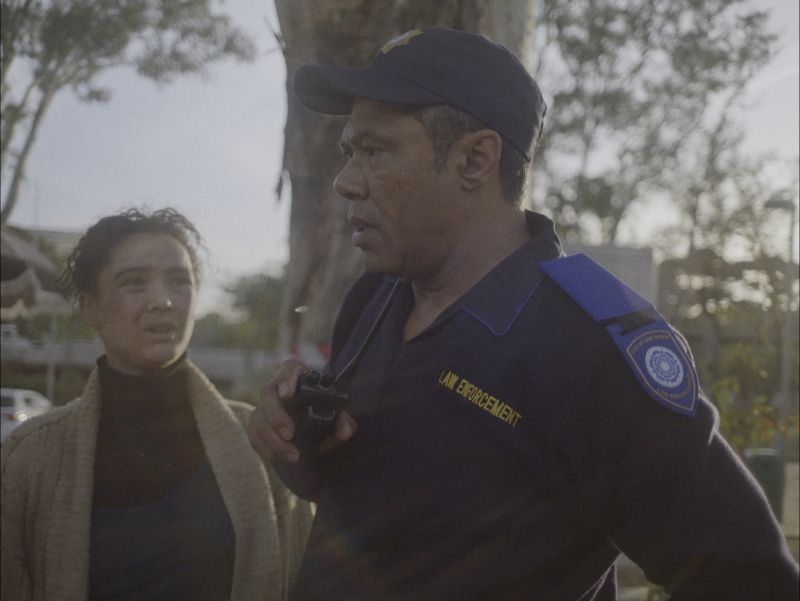
.jpg)



